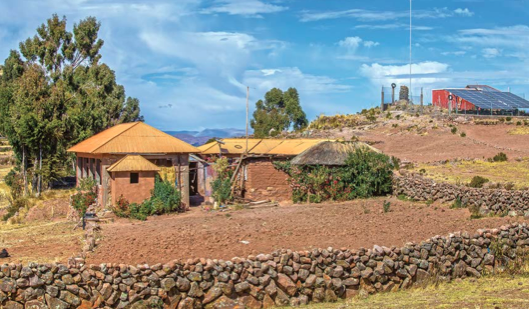Lessons Learned from Preparing Intended Nationally Determined Contributions
This paper summarises key learnings that emerged from working with a range of expert organisations to provide technical assistance to nine developing countries to prepare their INDCs.

Introduction
CDKN has been working with a range of expert organisations to provide technical assistance to nine developing countries as they prepare their INDCs for submission to the UNFCCC by October 2015. This Working Paper summarises some of the key learning points that have emerged from this diverse experience. This Working Paper should be seen as a companion volume to CDKN’s ‘Guide to INDCs’ (2015), which provides a practical example of how an INDC could be structured and potential key elements and content. Each section cross-references the relevant text from the Lima Call to Climate Action and other relevant guidance, suggests data sources and provides illustrative examples of the type of content and narrative that Least Developed Countries and Small Island Developing States might include.Key messages
- Consider INDCs as statements of political ambition, both domestically and internationally
- Have a clear vision for the structure and content from the outset
- Build on existing policies, with targeted use of new analysis to fill knowledge gaps
- Build broad-based support across economic sectors through innovative approaches to consultation
- Make plans for effective implementation now, and consider how international support, finance and other mechanisms may adjust ambitions after 2015
Suggested citation:
Chris Dodwell, Emelia Holdaway, Kiran Sura and Helen Picot. 2015. WORKING PAPER: Supporting ambitious Intended Nationally Determined Contributions: Lessons learned from developing countries. Ricardo-AEA and the Climate and Development Knowledge Network.
(0) Comments
There is no content